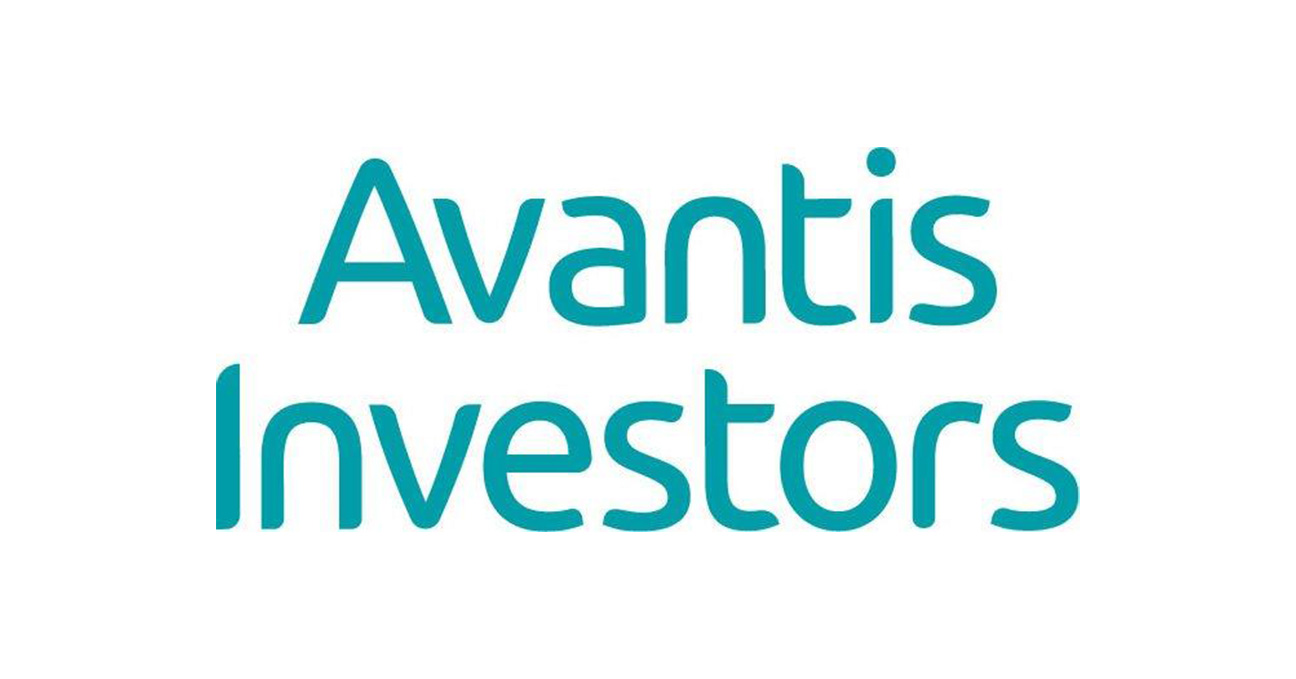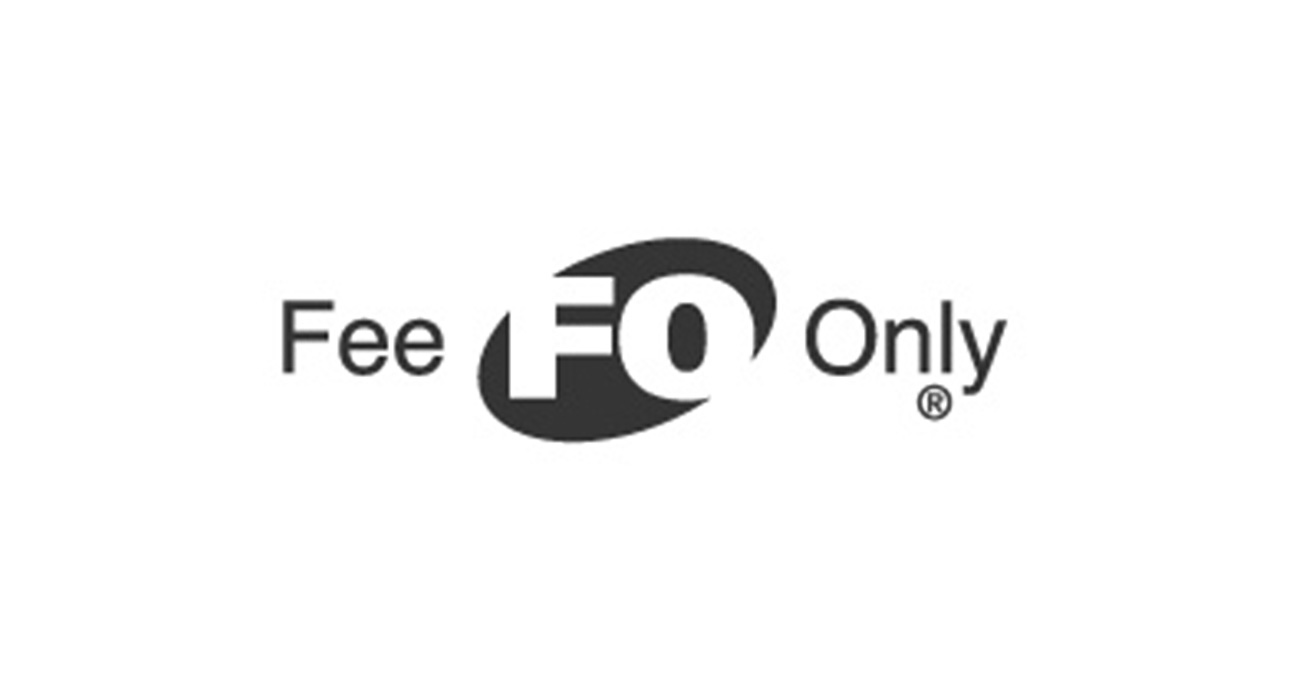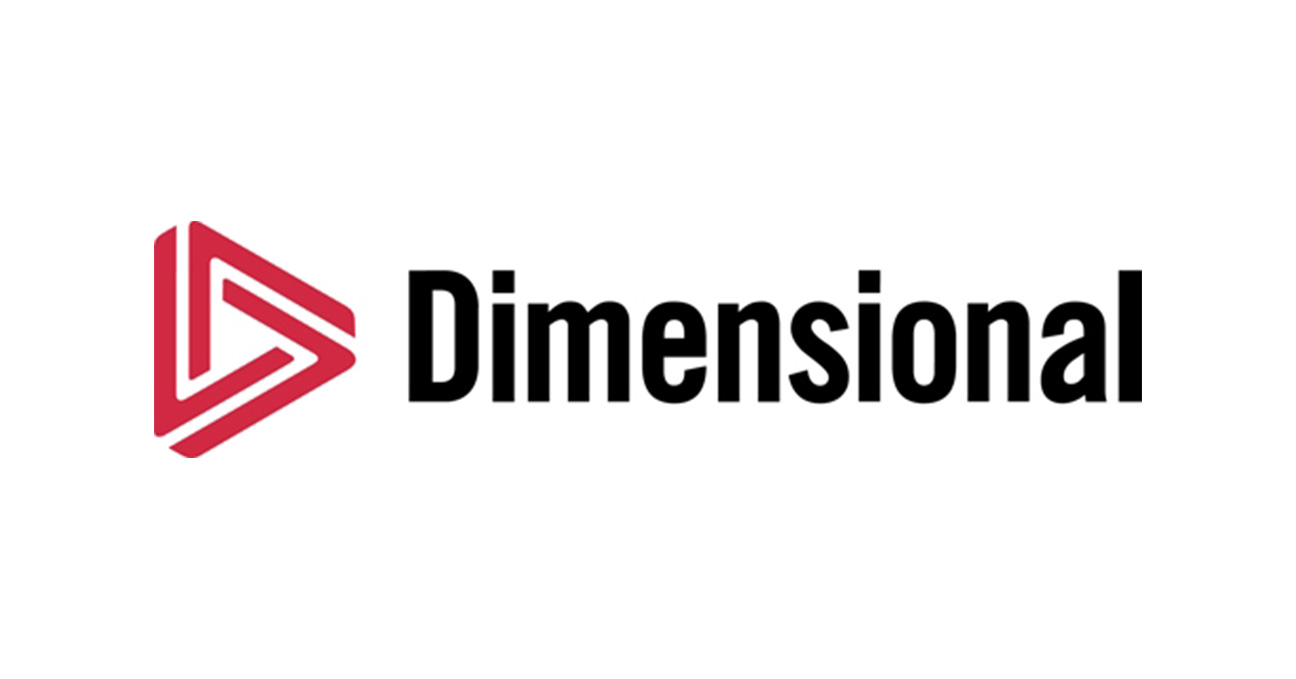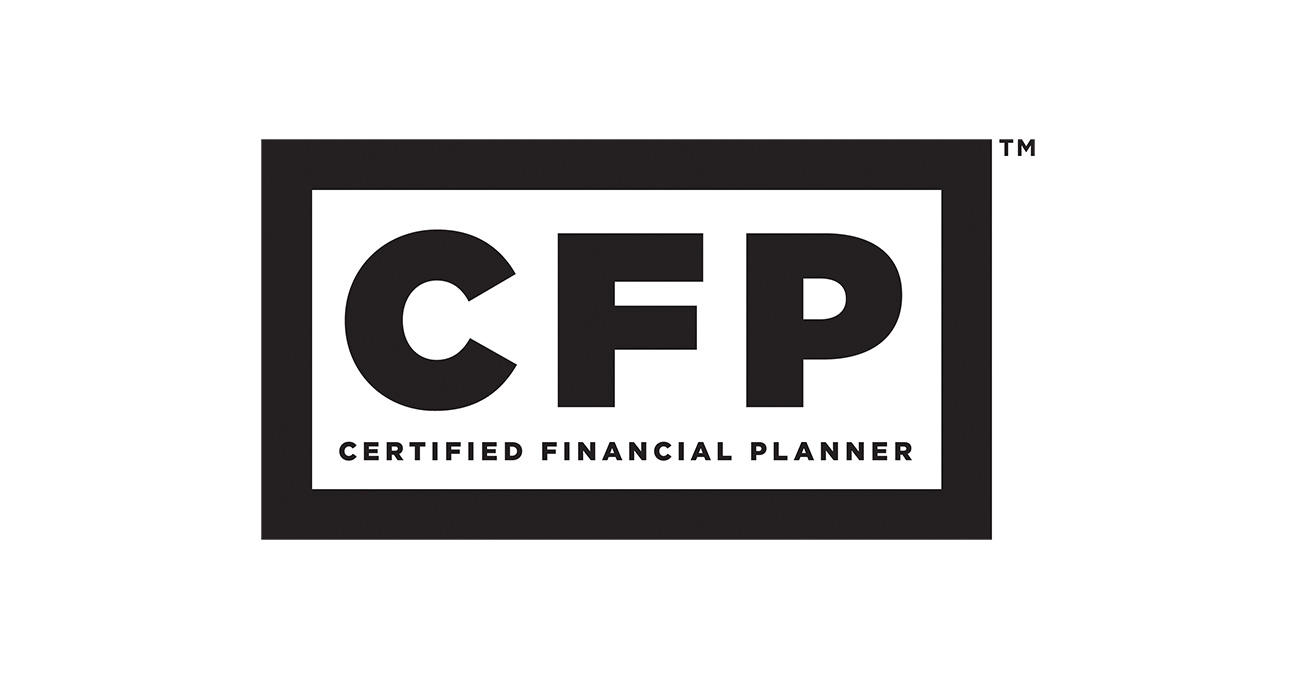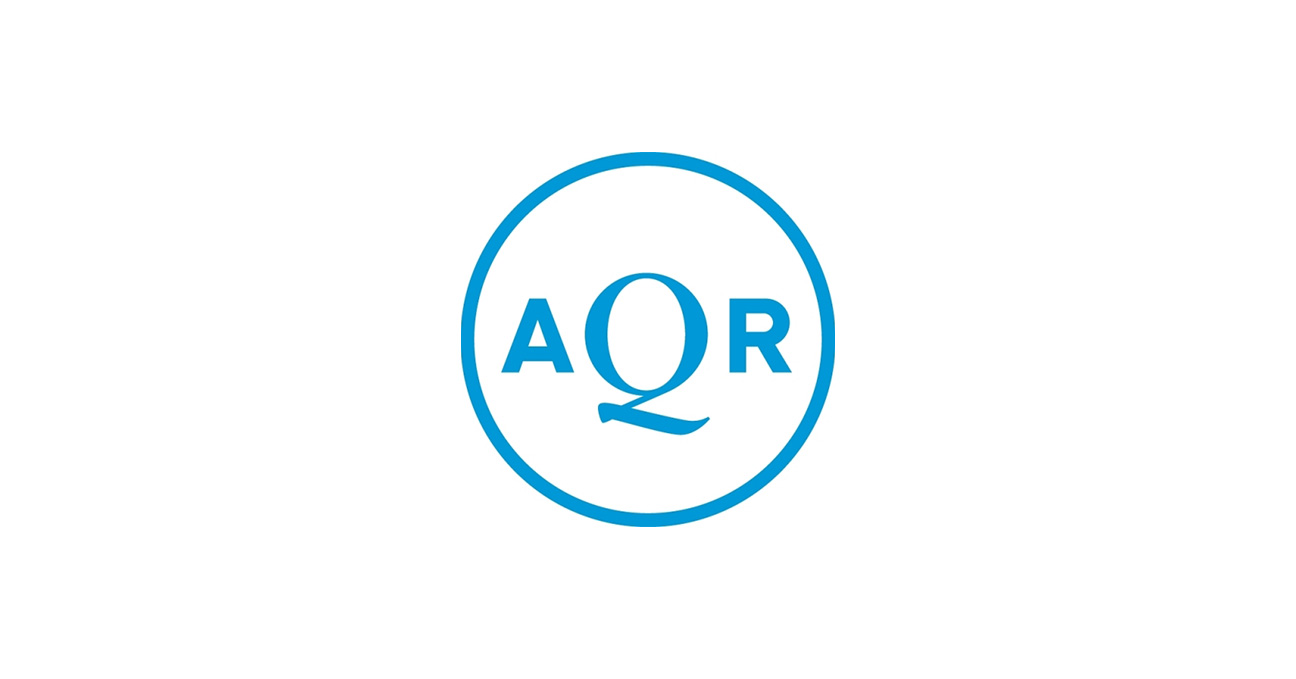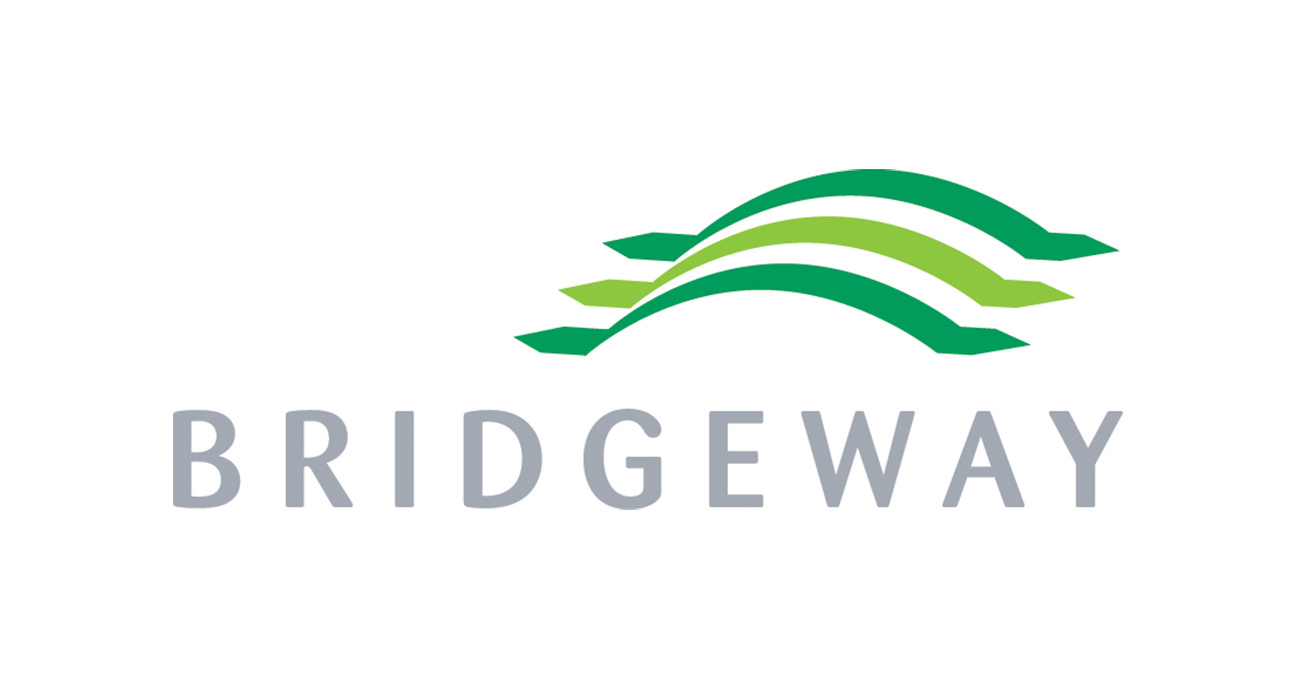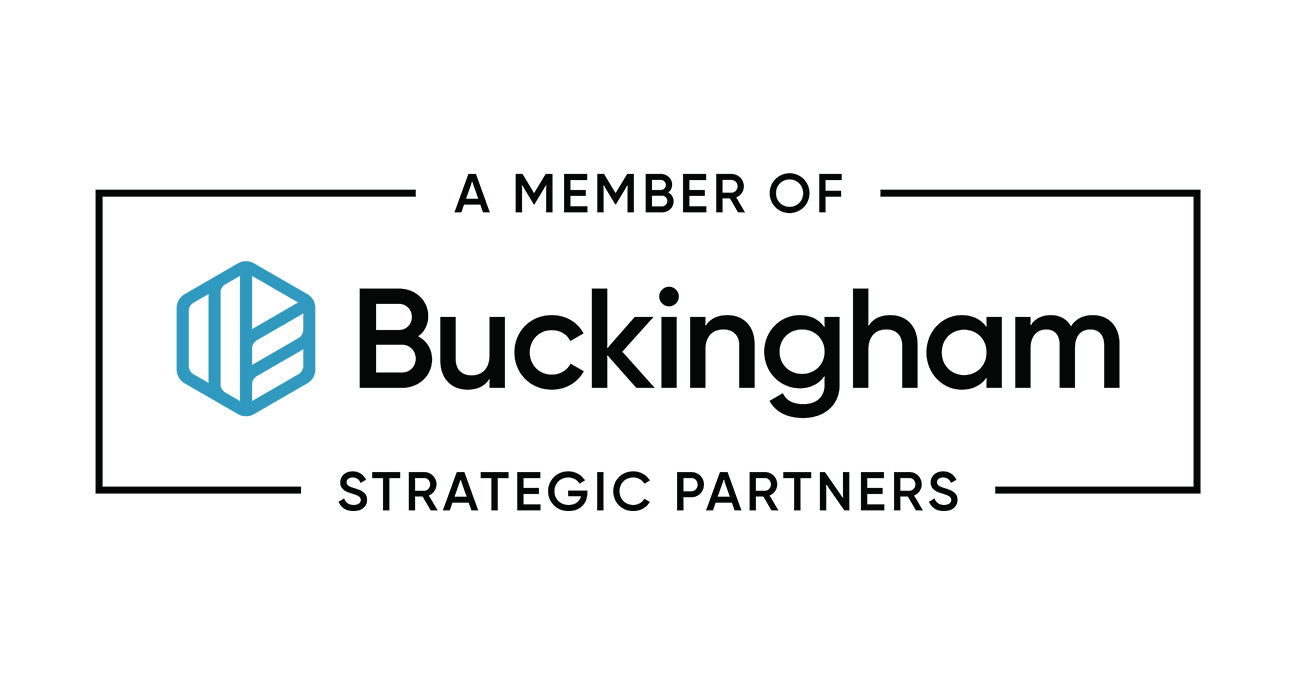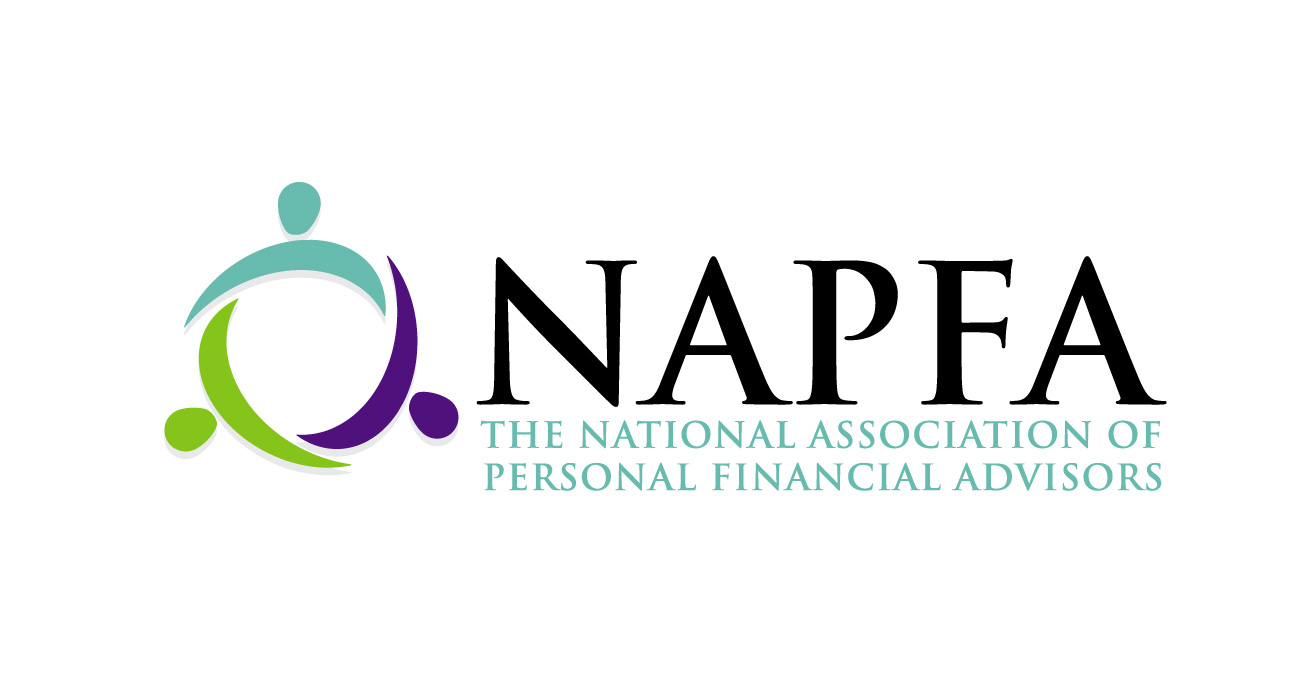Unfortunately, elderly and disabled individuals can sometimes become incapacitated and unable to care for themselves – both physically and financially. Under such circumstances, a professional guardian or conservator could be a solution.
However, interested individuals must undergo a court-based petition process to become a professional guardian. Read on to learn more about the responsibilities of these roles, as well as the costs and payment options associated with the petition process.
What Is a Professional Guardian?
Professional guardians are court-appointed individuals or organizations that are responsible for the well-being of an individual who is legally, mentally, or physically incapable of personal care.
Professional guardians also receive court-approved compensation and reimbursement for their services.1
Professional guardians are responsible for minor expenses and must ensure the individual is receiving appropriate housing, medical care, and education, if applicable. However, the exact requirements and responsibilities for becoming and being a professional guardian differ depending on the state.
Professional Guardian vs. Conservator
Where a professional guardian is responsible for the general well-being of an individual, a conservator focuses primarily on financial well-being. This includes managing assets, paying bills, and covering medical expenses.2 Conservators are typically appointed if yearly managed assets exceed $24,000.3
A conservator and professional guardian are not mutually exclusive roles, an individual can perform both responsibilities, though whether this occurs will depend on the court’s decision.
Costs to Keep in Mind
Becoming responsible for the well-being of another individual is no small task. Courts require a petition process to determine whether or not an individual is incapable of self-care. This process can involve a variety of different fees and processes. Payment of these fees is not the sole responsibility of the professional guardian or conservator.
Cost #1: Filing Fees
The process to file for a court petition will differ state-by-state. Some states will require a filing fee, while many others will not.
In addition to filing, close relatives must also be informed of the petition process, requiring a delivery fee, or other acceptable method of transportation, depending on the state.4
Therefore, make sure to check your state’s requirements to determine the total cost of filing the petition.
Cost #2: Attorney Fee
Attorney fees can add up quickly. But, there are three situations in particular that could become costly:
- An attorney representing the alleged incapacitated individual is required for a petition hearing to take place, therefore an attorney is assigned by the court.5
- Any time the professional guardian seeks court approval.6
- During the initial filing process, if an attorney was utilized to help prepare.
Cost #3: Medical Professional Fees
A medical examination is often required to determine whether an individual is incapable of self-care. The cost of these examinations is calculated into the total cost of the petition. This cost may fluctuate depending on the number and nature of court required examinations.
Who Pays For These Costs?
The professional guardian may need to pay for some expenses, but a number of fees may be able to be covered by the incapacitated individual’s assets.4 However, this could change depending on the individual’s total assets and financial condition. Under such circumstances, there are a few other payment options available.
Government Assistance
Guardians of individuals with little to no assets can file for financial assistance during the petition process.
Social Security
If guardianship is approved and the professional guardian fulfills their responsibilities, Social Security funds may be able to be used to cover some of the costs of the petition and court process.
If you’re seeking professional guardianship, understanding state requirements and preparing financially is key. Be sure to understand the costs and fees, and always seek assistance when necessary.
Veritas Wealth Management, LLC is a fee-only, CPA led, comprehensive wealth management firm based in Salt Lake City, Utah. Do you have questions about your financial future? Please make an appointment. We would love to hear from you.
- https://definitions.uslegal.com/p/professional-guardian/#:~:text=Professional%20guardian%20means%20an%20individual,provides%20guardianship%20services%20to%20individuals.&text=Professional%20guardian%20may%20be%20public,the%20issues%20related%20to%20guardianship
- https://www.thebalance.com/duties-and-responsibilities-of-a-guardian-or-conservator-3505432#:~:text=Minor%20financial%20responsibilities%2C%20such%20as,that%20the%20ward%20might%20require
- https://www.lawhelp.org/dc/resource/guardianship-and-conservatorship-frequently-a
- https://www.thebalance.com/how-much-does-guardianship-or-conservatorship-cost-3505426
- https://www.wvdhhr.org/bcf/policy/social_services/guardianship/guardian%20and%20conservator%20handbook.pdf
- https://www.familylawselfhelpcenter.org/self-help/guardianship/overview/purpose-and-types-of-a-guardianship




